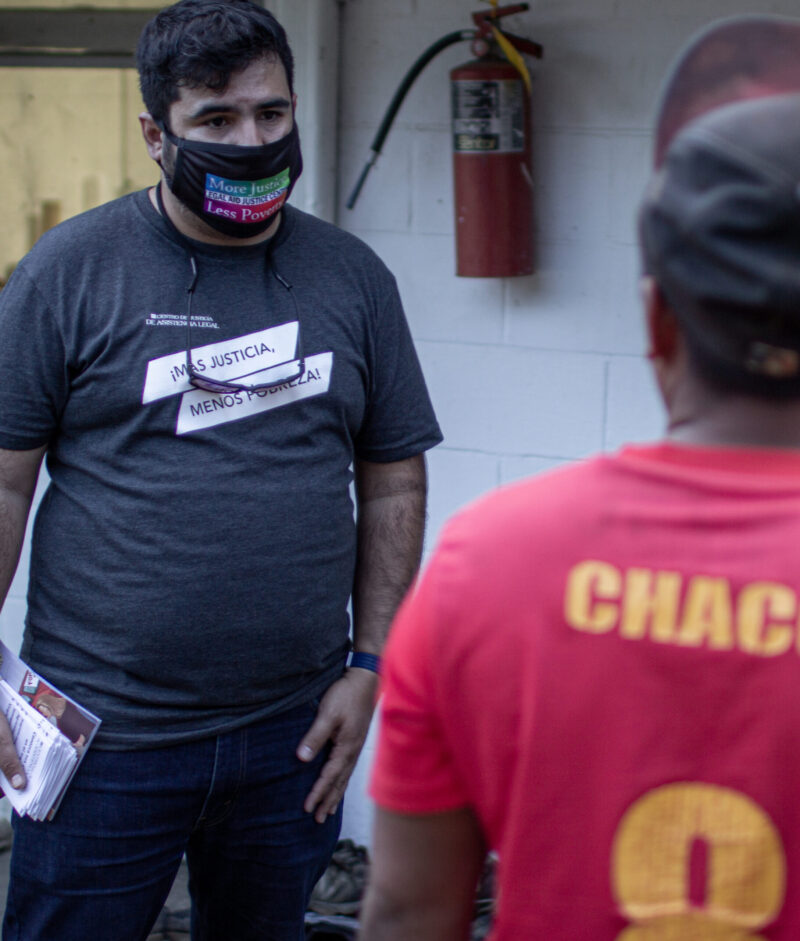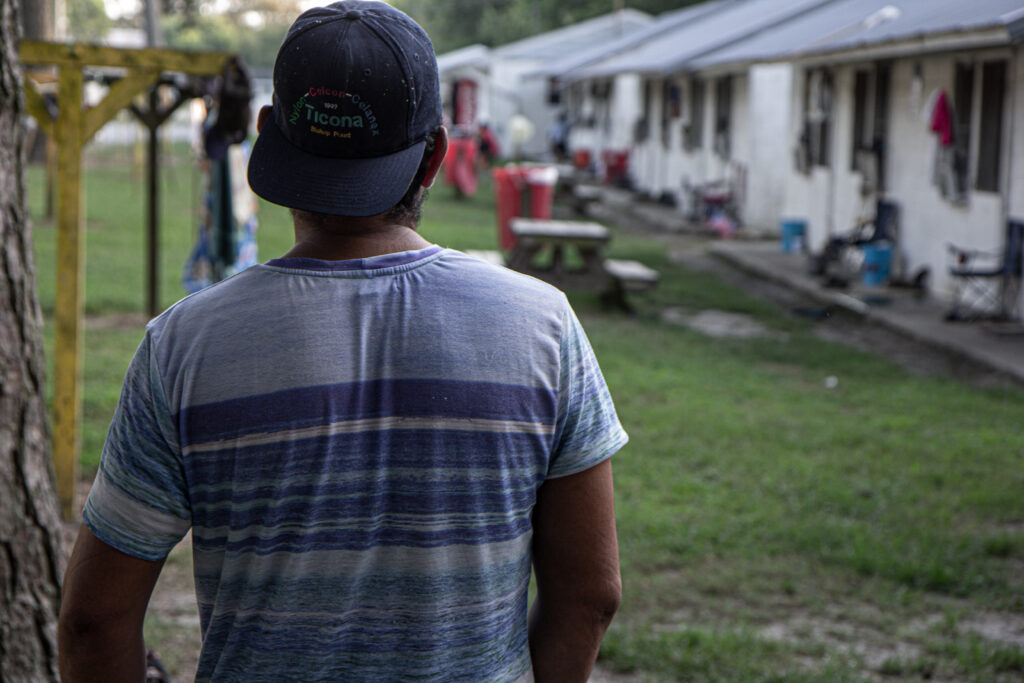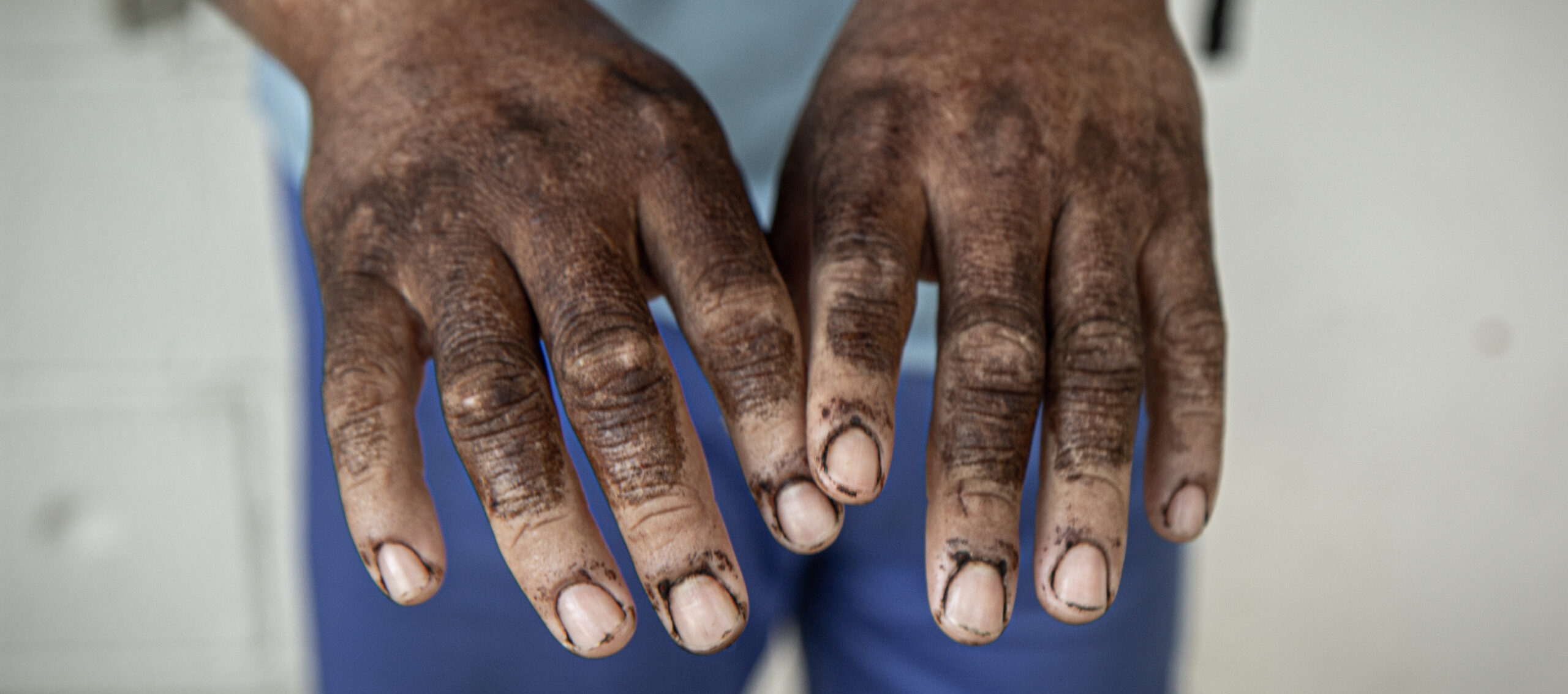For decades, the Legal Aid Justice Center has organized alongside and advocated on behalf of migrant workers, from tomato pickers on the Eastern Shore to Christmas tree workers in far southwest Virginia. More recently, our team became a stand-alone program: The Worker Justice Program. While we will continue to zealously advocate on behalf of farmworkers, our work will—over time—expand to support the efforts of other low-wage workers to fight for the pay and treatment they deserve.
Through a mix of community organizing, policy advocacy, and litigation, our program fights alongside and on behalf of workers. Our campaigns range from direct representation and impact litigation on wage and contract claims to H-2A and H-2B visa reform, combatting labor trafficking, advocating for enhanced enforcement and new laws to address health and safety concerns, legislative and administrative policy advocacy for better pay and conditions, and worker coalition-building in rural areas.



